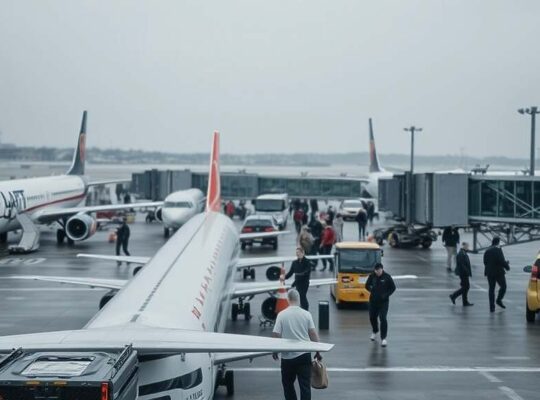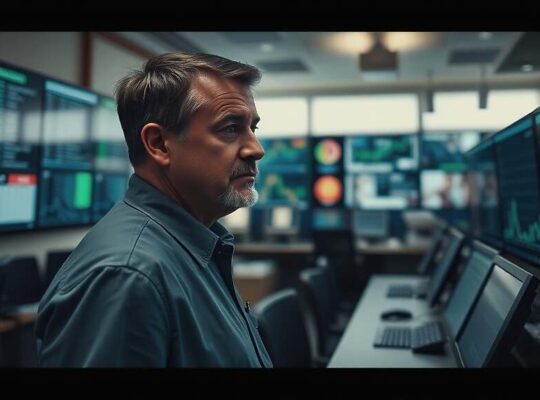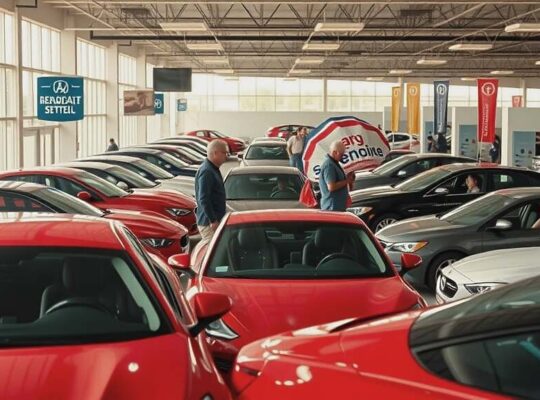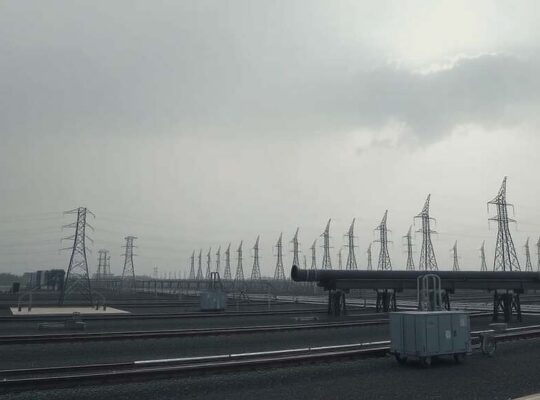Volkswagen is attempting to avert widespread short-time work across its manufacturing plants, signaling a precarious situation fueled by escalating geopolitical tensions and disruptions in the global semiconductor supply chain. According to Christian Vollmer, Volkswagen’s Brand Production Chief, the company is currently engaged in negotiations with an unnamed alternative supplier to mitigate the impact of a curtailed semiconductor delivery from Nexperia.
The potential crisis stems from a temporary export ban imposed by the Chinese government on specific components of Nexperia chips. This action is directly linked to the ongoing trade dispute between China and the United States, a conflict that has exposed vulnerabilities in the automotive industry’s reliance on Chinese-controlled resources. Nexperia, owned by the Chinese company Wingtech – itself subject to U.S. sanctions – is the world’s leading provider of essential semiconductors, including diodes and transistors.
The Dutch government’s recent assumption of control over Nexperia further complicates the situation. This intervention, intended to prevent the transfer of crucial technologies to China, ironically intensifies the potential for supply chain instability for European and American automakers. While production of these semiconductors does occur in Europe, the critical packaging and further processing stages are currently routed through China, making the export ban particularly impactful.
Volkswagen’s efforts to secure an alternative supplier highlight both the immediate vulnerability and the longer-term strategic risk for the automotive sector. The situation underscores the deepening entanglement of global trade, technological advancement and political maneuvering, forcing companies to navigate a landscape where supply chain security is inextricably linked to geopolitical considerations. The unnamed supplier’s identity and the success of these negotiations remain key factors in determining the extent of potential production disruptions and the broader implications for the European automotive industry’s resilience. The incident has inevitably ignited a renewed debate regarding reshoring semiconductor capabilities and reducing dependence on single-source suppliers, though the feasibility of such a shift remains a significant challenge.












